August 29, 2022
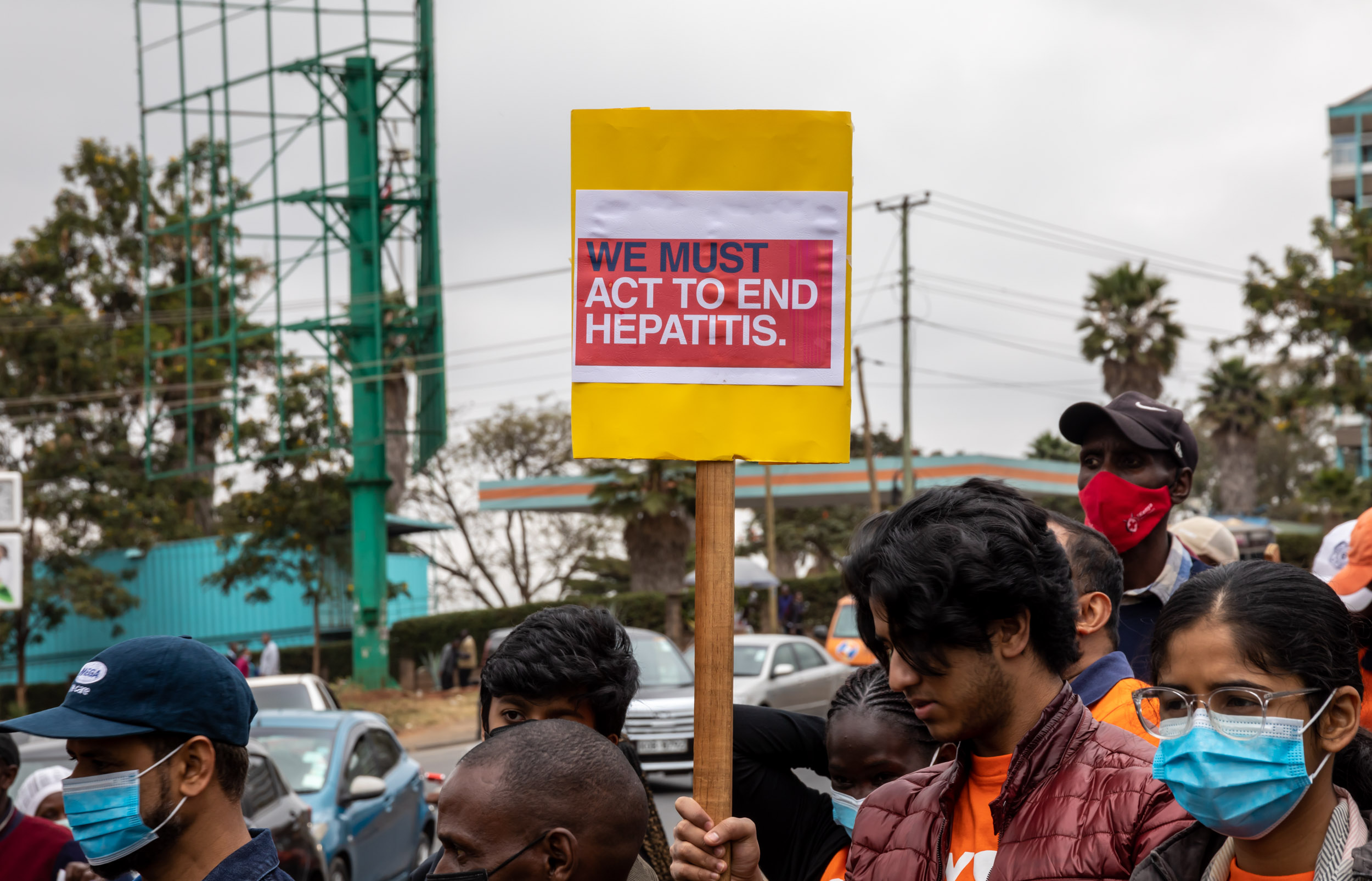
Globally, viral hepatitis affects millions of people across the globe and a person dies every 30 seconds from a hepatitis related illness. As a result, there is a need to raise awareness of the dangers posed, as well as push for access to testing and treatment for all people. World Hepatitis Day, which was marked in July, is one such way to raise awareness. This year’s theme, “Hepatitis can’t wait”, highlighted the need to accelerate the fight against viral hepatitis, and the importance of testing and treatment for people who need it.
Celebrations in Kenya
World Hepatitis Day in Kenya was marked by a walk in Nairobi organized by the Ministry of Health (MoH) and the National AIDS and STIs Control Programme (NASCOP). Members of the public and representatives from health stakeholder organizations walked from Afya House to the Kenyatta National Hospital (KNH) in Nairobi. Here, after speeches from organizational representatives, free testing and vaccination was conducted on KNH grounds. Some of the organizations present included the World Health Organization, Médecins sans Frontières, MoH, Nairobi Metropolitan Services, and KNH.
Hepatitis In Africa
Almost 90% of people with hepatitis are unaware that they are infected. Hepatitis A, B, and C are the most common of the viral hepatitis in Africa, with the African region accounting for 26% of the global burden for hepatitis B and Cin 2020. Only 14 African countries have achieved >2% hepatitis C prevalence. Kenya has a low hepatitis B prevalence of 2.2% but carries a high burden of hepatitis C carriers in demographics such as people who inject drugs. The cost of testing is also currently more than that of treatment, which is a barrier to effective hepatitis control.
There have been strides made in the fight against hepatitis, with Kenya having adopted national guidelines on hepatitis. Hepatitis B treatment has been made available at medically assisted therapy clinics, which serves people who inject drugs, a demographic at high risk for viral hepatitis infection. KNH has made great strides in hepatitis B prevention and liver treatment, with MoH and partners working to ensure better access to primary healthcare to those chronically infected with hepatitis. Through improved services and awareness creation in Kenya, Africa, and the world, we will be one step closer to ending hepatitis by 2030.
Contact
Center for International Health, Education, and Biosecurity
Institute of Human Virology
Anthony Okoth
Regional Communications Specialist
Related stories
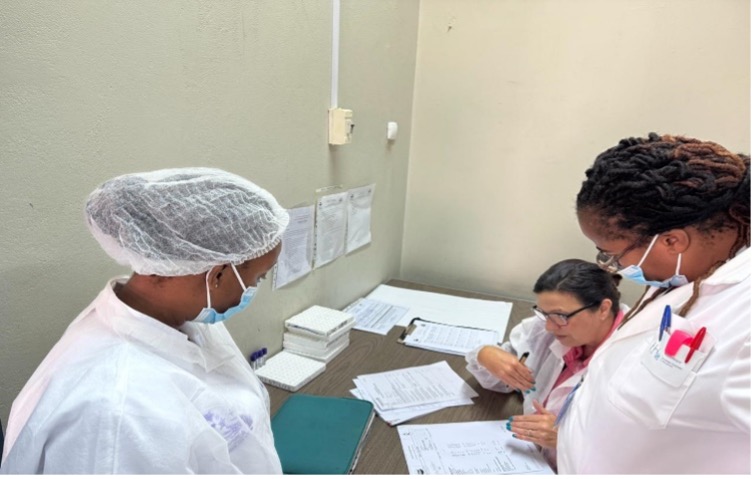
Friday, April 12, 2024
International Accreditation for Five Mozambique Clinical Laboratories
This achievement underscores their pivotal role in ensuring the quality, reliability, and global acceptance of laboratory testing services. Ultimately, this contributes to enhancing patient care and public health outcomes across Mozambique.
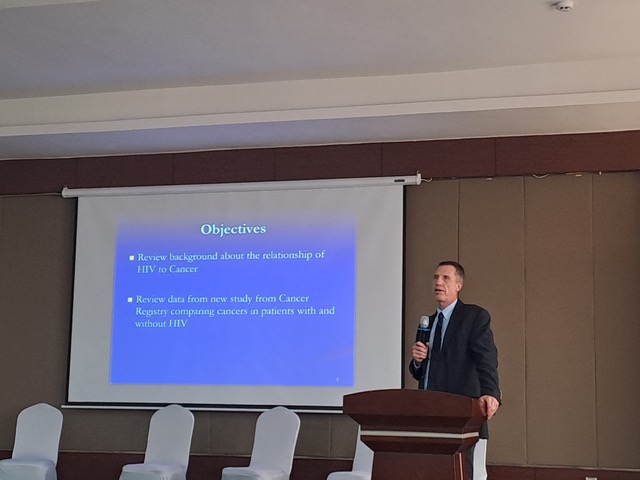
Monday, August 14, 2023
Ciheb Rwanda Takes Part in Cancer Prevention and Control Stakeholders’ Review Workshop
The primary goal of this workshop was to share the advancements made in the implementation of the National Cancer Control Program (NCCP), cancer registry data, and research dissemination. Additionally, the participants discussed challenges and devised joint plans to accelerate cancer prevention and management efforts in Rwanda.
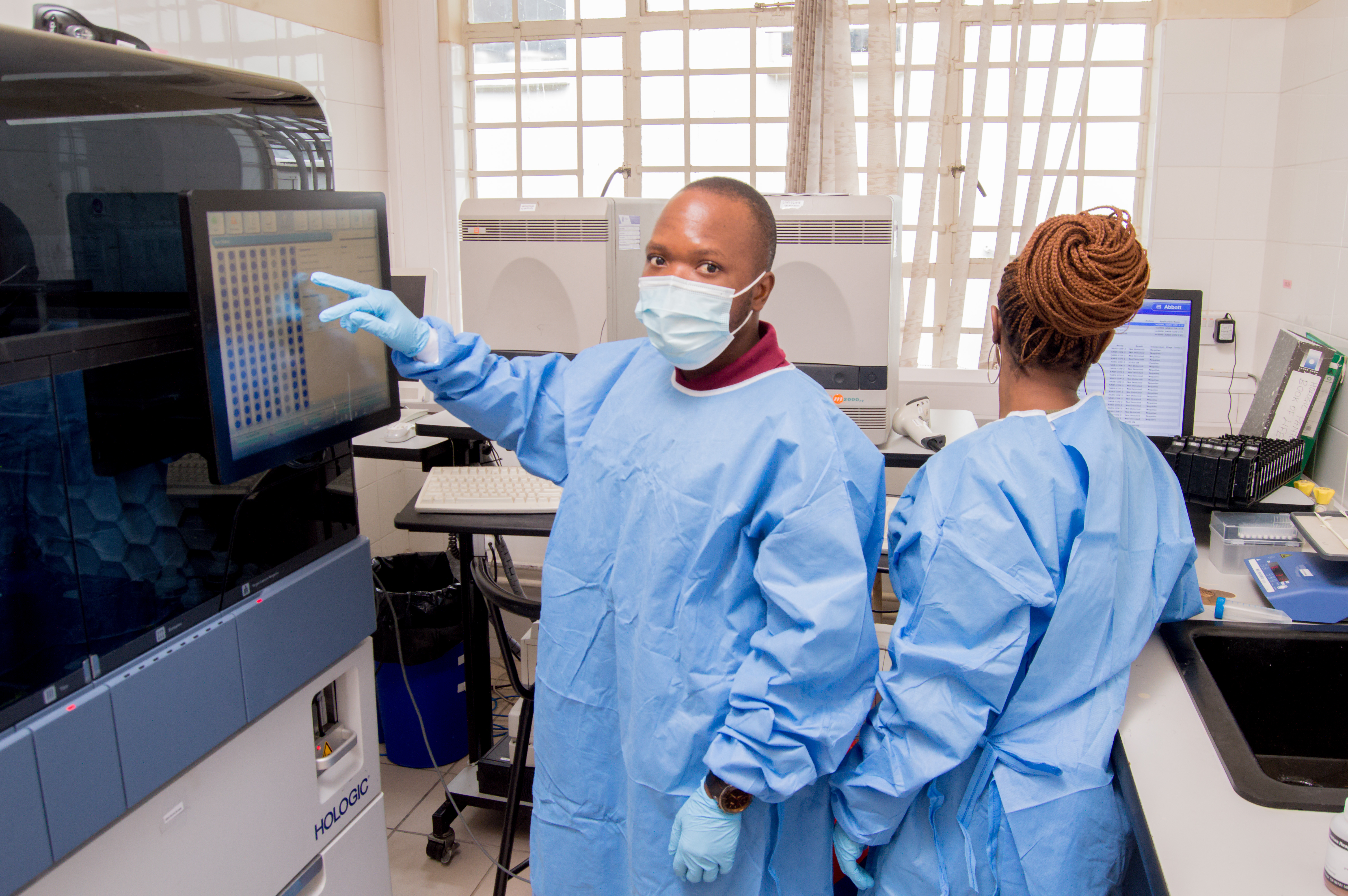
Friday, July 14, 2023
Addressing Unprocessed HIV Viral Load Samples Backlog in Malawi
The health sector in Malawi was faced with a pressing backlog issue of unprocessed HIV viral load samples. These had accumulated due to reagent stockouts and persistent power outages in the country.

Friday, July 07, 2023
The Intersection of Non-Communicable Diseases and HIV: Opportunities for Botswana to Lead the Response
For a country like Botswana with a high HIV burden, integration of healthcare services is vital to provide comprehensive interventions. Lifestyle factors such as tobacco smoking, alcohol use, unhealthy diet, and physical inactivity heighten the risk of developing NCDs for people living with HIV.

Friday, July 07, 2023
BSMART Study Launch: Combating Smoking Among HIV-Positive Individuals In Botswana
BSMART focuses on identifying effective interventions for HIV-positive individuals who smoke. The launch of the BSMART Study signifies a significant step forward in tackling tobacco use among HIV-positive individuals in Botswana.
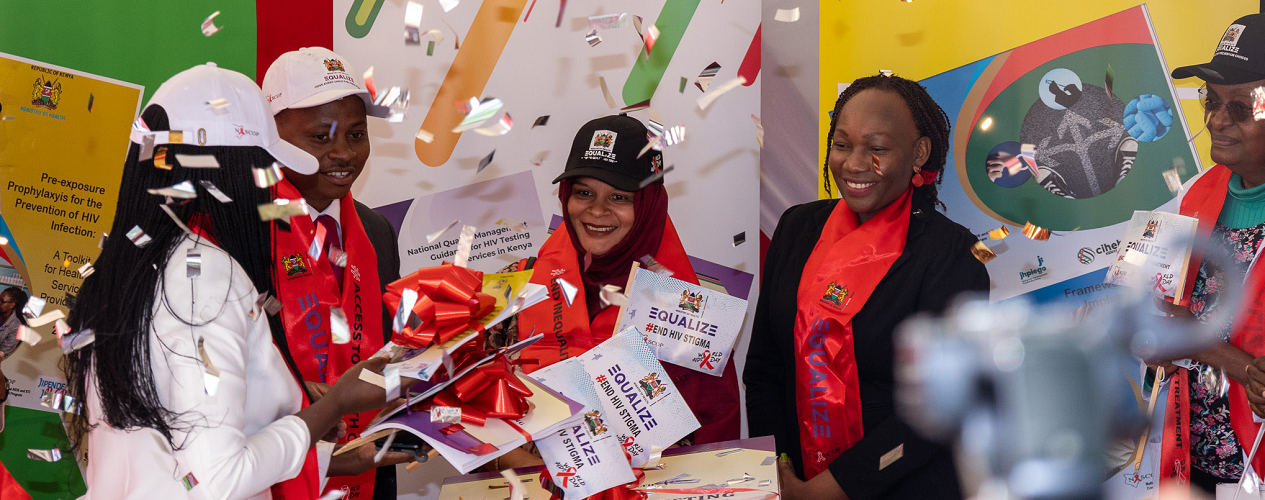
Friday, December 09, 2022
Ciheb-Kenya Joins the Globe in Commemorating the World AIDS Day 2022
Speaking during a pre-World AIDS day event in Nairobi, the Head of the National AIDS and STI Control Program (NASCOP), Dr. Rose Wafula, reiterated that the Ministry of Health, through NASCOP, commits to exploring and connecting the global and national efforts that focus on impact and progress towards the 95-95-95 targets to end the AIDS epidemic by 2030.
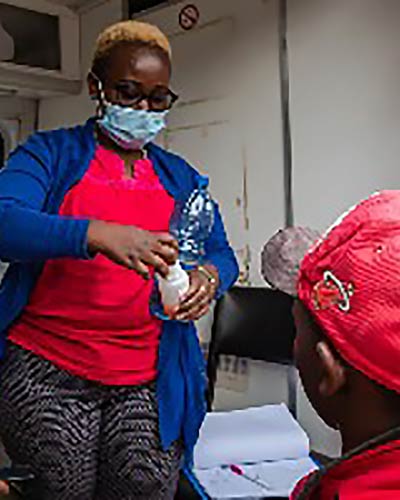
Monday, October 03, 2022
Medically Assisted Therapy Clinic in Kenya Empowers Women
In Nairobi, Ciheb’s PACT Endeleza program, with the assistance of the University of Maryland, Baltimore, and Nairobi City County, established medically assisted therapy (MAT) clinics to reduce the spread of HIV among people who inject drugs (PWID) and provide opioid substitution therapy (OST). These clinics in Mathari and Ngara were established with funding from the President’s Emergency Plan for AIDS relief through the U.S. Centers for Disease Control and Prevention.
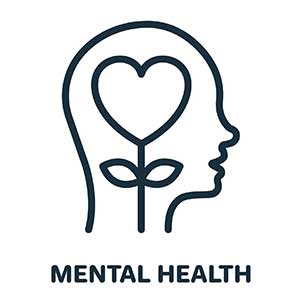
Tuesday, September 20, 2022
Caring for the Caregivers: Mental Health and Healthcare Workers in Kenya
Ciheb Kenya's CONNECT program held a two-day mental health workshop in Nairobi, Kenya. At the workshop, which was tailored for health management teams, facilitators expounded on the importance of good mental hygiene for healthcare workers.
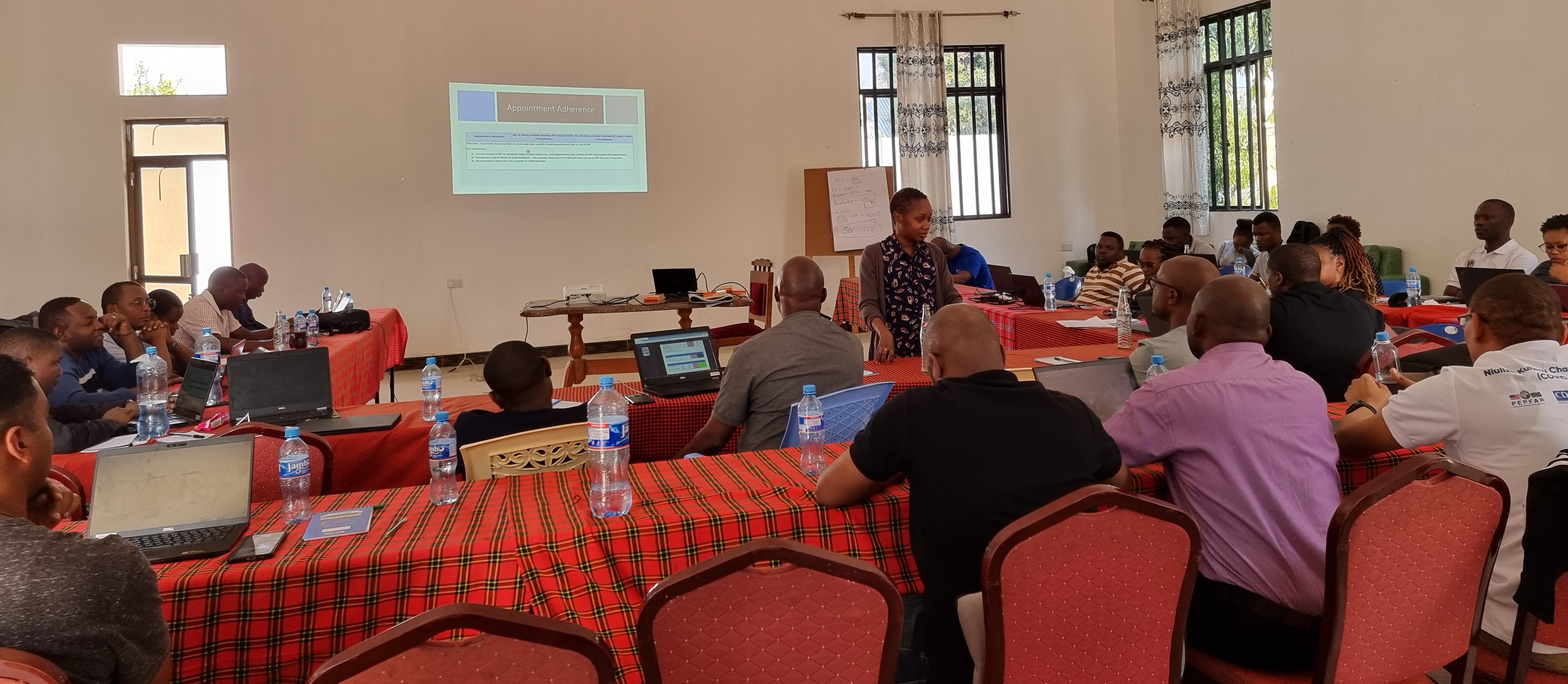
Monday, August 15, 2022
UMB's Ciheb Tanzania Holds CQI Indicators Workshop
Adopting Continuous Quality Improvement (CQI) processes is an approach for accelerating progress towards attainment of the 95-95-95 global HIV targets.
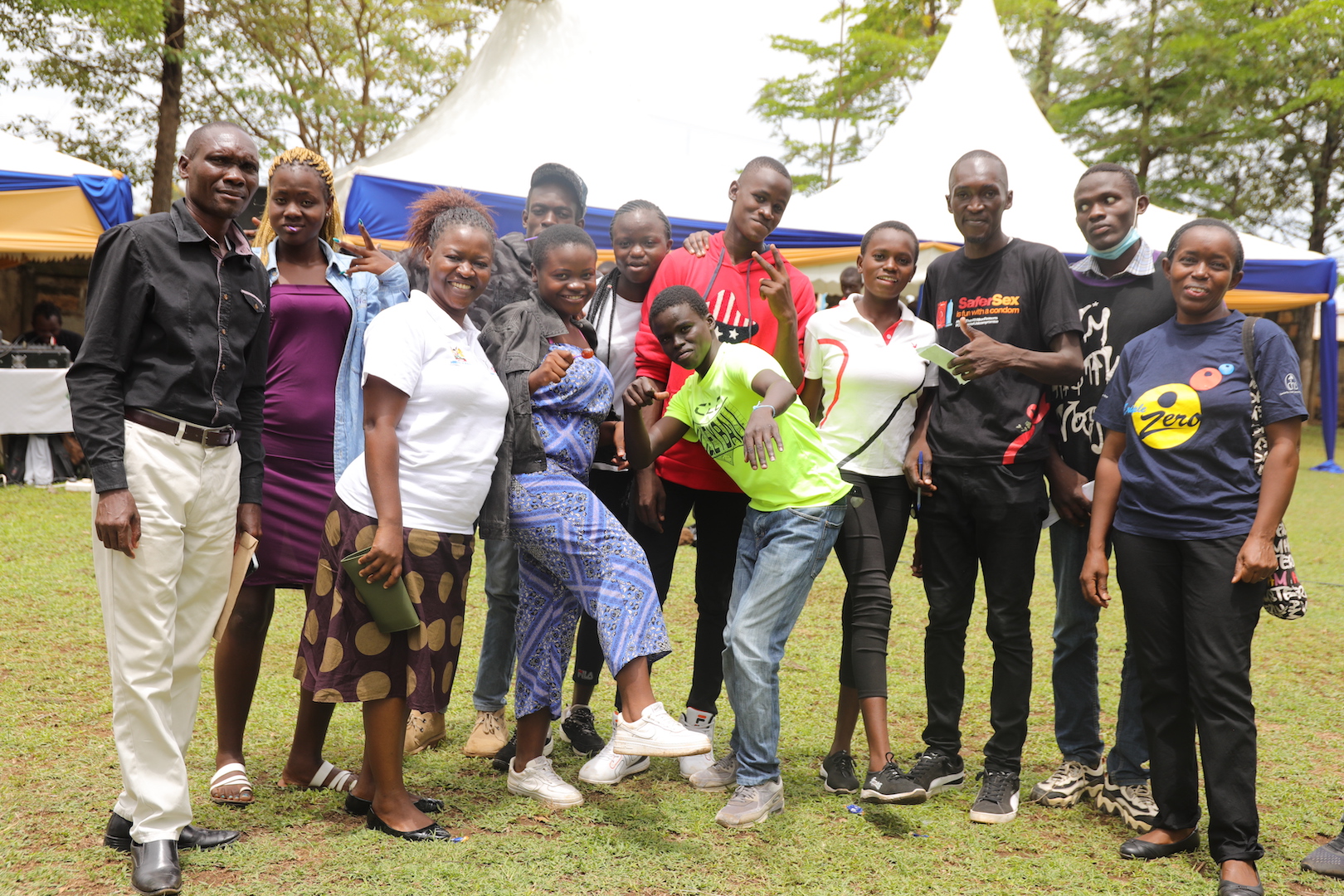
Monday, July 18, 2022
Operation Triple Zero Fun Days Held in Kenya
The OTZ Day participants, drawn from facilities within the counties, presented dances and skits themed on adherence to clinical appointments, medication, and viral suppression.
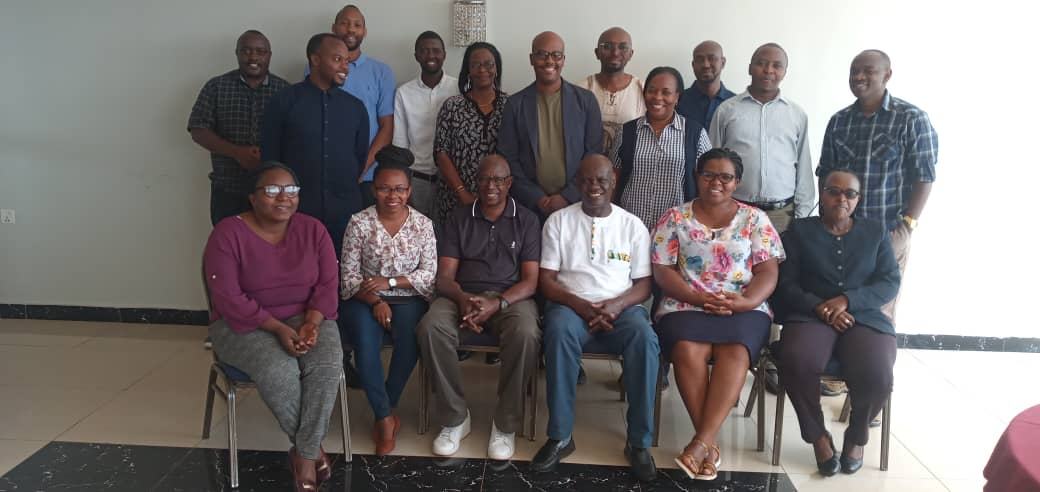
Friday, July 15, 2022
Rwanda takes part in One Health Multi-Sectoral Coordination Mechanism
The One Health approach presents an opportunity for stakeholders, including UMB’s Ciheb Rwanda, to contribute to the management of public health challenges.
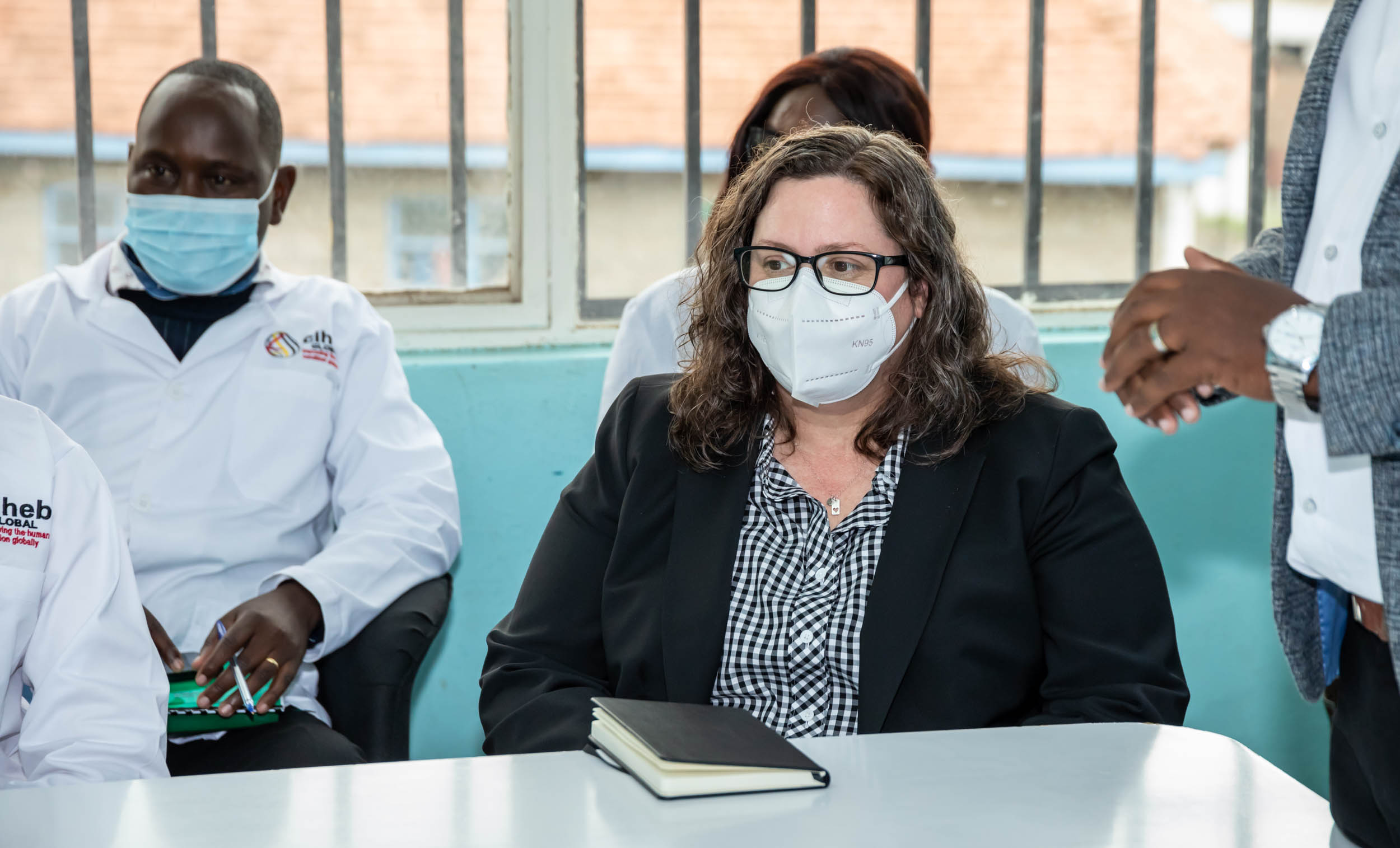
Friday, July 15, 2022
Ciheb Leadership Visits Nairobi Centers of Excellence
Dr. Kristen Stafford, Associate Professor at the University of Maryland, Baltimore (UMB) and Deputy Director of Ciheb Global, visited the Nairobi Centers of Excellence on a week-long tour in May 2022.
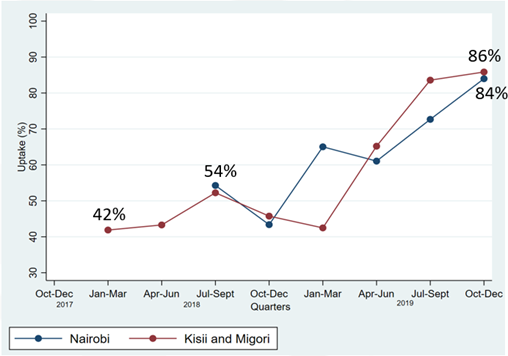
Wednesday, June 01, 2022
New Ciheb Report Compares DSD and Conventional Care
The University of Maryland, Baltimore (UMB) and Ciheb-Kenya recently released a report, “Evaluation of Differentiated Service Delivery Model,” which summarizes results, as related to DSD, from its PACT Endeleza and PACT Timiza programs in Kenya. The evaluation focused on the effect of multi-month dispensing (MMD) (three months or more) compared to conventional care.
Friday, April 29, 2022
CONNECT Program Targets Cervical Cancer
Women living with HIV are at a much higher risk of contracting cervical cancer, which progresses much faster in HIV-positive people due to their compromised immune status.
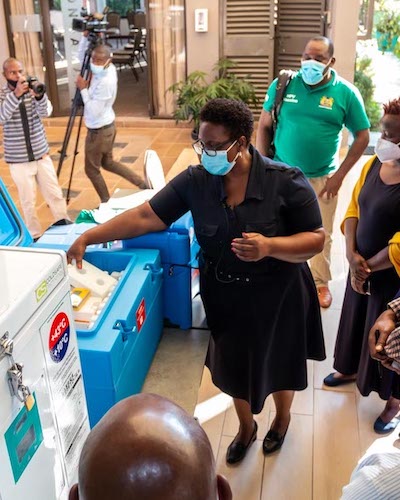
Wednesday, December 08, 2021
Supporting the Rollout of the COVID-19 Vaccine in Kenya
To combat the spread of COVID-19 in Kenya, Ciheb’s local partner, Ciheb-Kenya, received a five-year CDC-funded grant to support national and county activities towards rolling out COVID-19 vaccination. The Technical Assistance to Ready and Accelerate Capacity of public health programs in Kenya (TRACK) program is focused on supporting the development of national policies and training material on COVID-19 vaccination and teaching national trainers to cascade this training to counties.

Friday, October 29, 2021
PrEP used in the fight to end HIV in Kenya
In 2017, the Government of Kenya adopted a new policy called “A Framework for Pre-exposure Prophylaxis of IV in Kenya.” This framework directed the roll out of pre-exposure prophylaxis (PrEP) in Kenya, addressing the key focus areas of: availability, acceptability, accessibility of PrEP, and the holistic integration into the national HIV combination prevention strategy. To align with the government, Ciheb in Kenya’s PACT Endeleza program, which recently ended, also started offering PrEP that same year.
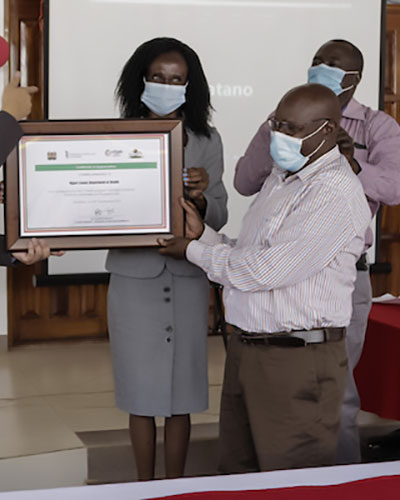
Wednesday, October 27, 2021
Kenya Country Programs Complete Five Years of Impact in HIV Services
September marked the close of Ciheb in Kenya’s two Partnership for Advanced Care and Treatment (PACT) programs, PACT Timiza and PACT Endeleza. Ciheb held closeout events in the three counties that it worked in – Kisii, Migori, and Nairobi City – to commemorate the two programs' accomplishments.
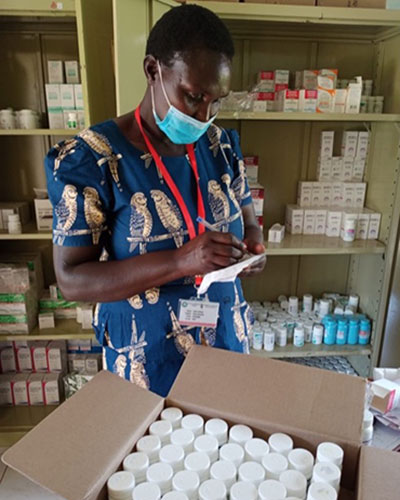
Tuesday, October 12, 2021
Differentiated Service Delivery Improves HIV Care in Western Kenya
HIV care and treatment involves complex needs and a unique set of circumstances for each client, and the conventional one-size-fits-all approach to treatment does not best serve people living with HIV (PLHIV). The client-centered approach known as differentiated service delivery (DSD) provides creative solutions to tailor clinical services to meet the needs of each client, an approach that better serves clients and the Kenyan health system.
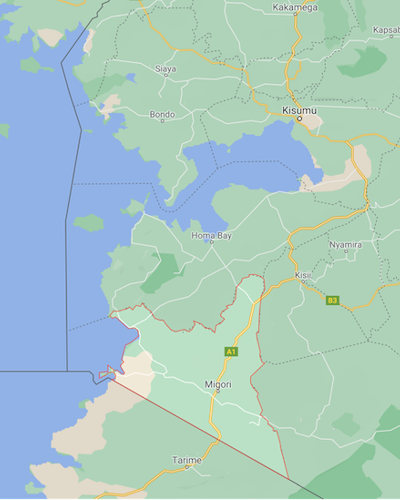
Monday, September 06, 2021
Public Health Impact through Research in HIV and TB in Western Kenya
Kenya has made remarkable strides towards reaching the UNAIDS 95-95-95 HIV targets for epidemic control, and HIV and tuberculosis (TB) services now reach a significant proportion of the Kenyan population.
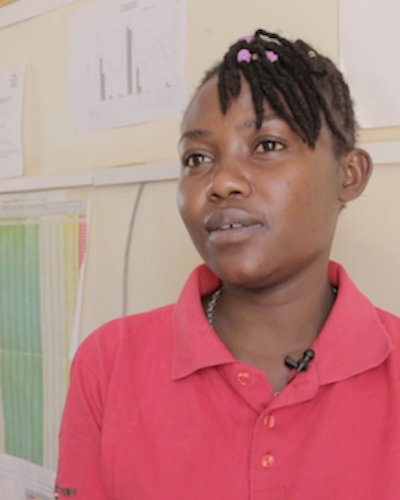
Friday, September 03, 2021
Operation Triple Zero Supports Adolescents in Overcoming HIV
HIV is a serious risk among adolescents in Kenya, and Ciheb has been helping address rising infection rates through Operation Triple Zero (OTZ). OTZ uses a contextual “asset-based approach,” whereby adolescents are considered as resources with potential answers to their challenges and are empowered to take responsibility and action for their health.
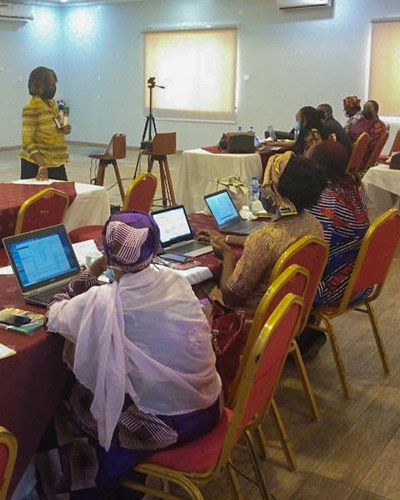
Wednesday, September 01, 2021
Data Demand and Information Use through STATA Training in Nigeria
Ciheb Nigeria, in partnership with the Federal Ministry of Health, recently facilitated a training to promote a culture of data demand among stakeholders to encourage the use of data on the National Data Repository (NDR) to track program outcomes and impact. The training also aimed to build the capacity of the stakeholders to maximize the use of data on the NDR for research.
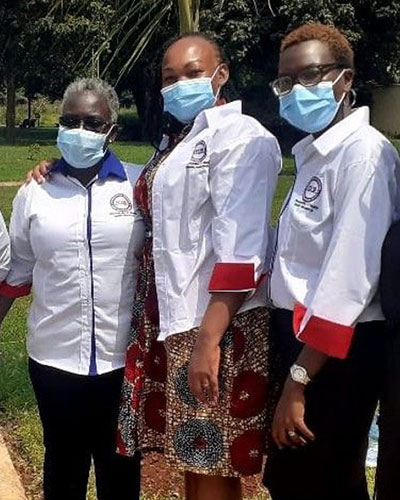
Monday, August 16, 2021
In Kenya, Ciheb Efforts Recognized in Nairobi County CQI Awards
During the summer, the Nairobi Metropolitan Services (NMS) held its annual Health Service Delivery Awards to recognize best-performing health facilities in Nairobi County. Facilities supported by PACT Endeleza won awards in all categories they participated in. NMS evaluated facilities based on their performance in continuous quality improvement metrics.
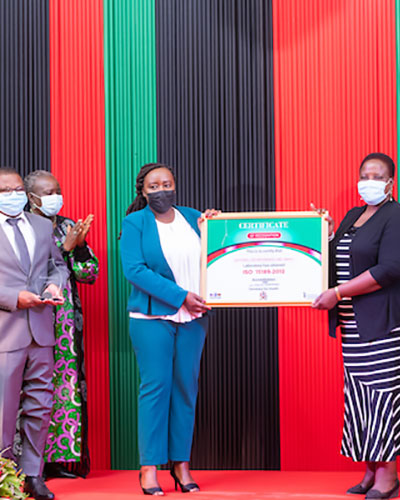
Wednesday, June 30, 2021
Malawi Celebrates ISO 15189 Accreditation of Laboratories
The University of Maryland, Baltimore through Ciheb, in conjunction with the Malawi Ministry of Health and other partners, held an awards ceremony to celebrate the ISO 15189:2012 medical laboratory accreditation of six facilities in Malawi, four of which were supported by Ciheb.
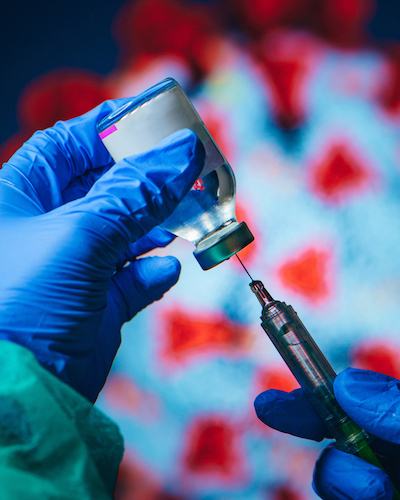
Monday, May 24, 2021
Ciheb-Kenya on the Front Lines of the COVID-19 Vaccine Rollout
Ciheb-Kenya, our local Kenyan partner, has been working with the U.S. Centers for Disease Control and Prevention, the Kenya Ministry of Health, and the National Vaccines and Immunization Programme (NVIP) to support COVID-19 vaccine preparedness through the ongoing Technical Assistance to Ready and Accelerate Capacities of Public Health Programs in Kenya (TRACK) project. Kenya received its first shipment of vaccines several weeks ago and has been moving ahead quickly. As of April 21, a total of 721,509 persons have been vaccinated against COVID-19 countrywide.

